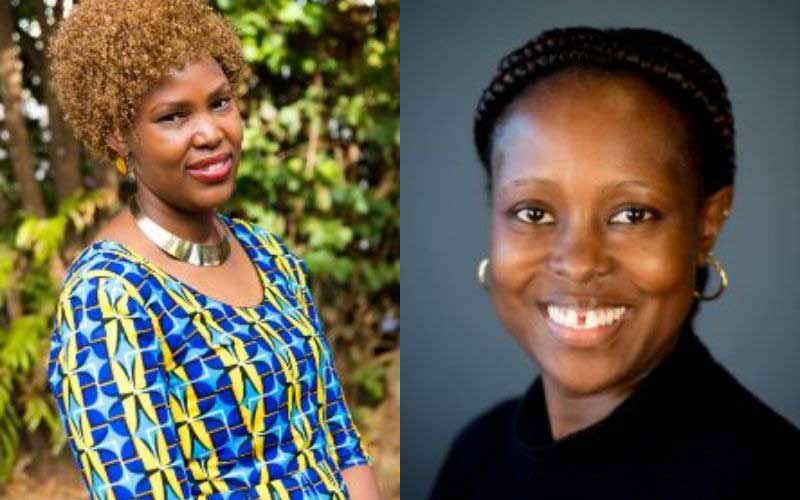×
The Standard e-Paper
Home To Bold Columnists

The United States International University recently launched Marriage and Family Therapy, a programme that graduates experts in handling challenges facing the modern family. Dr Michelle Karume and Marion Mutwiri, who lecture at the university, explain what the program entails.
Why is training in marriage and family therapy relevant?